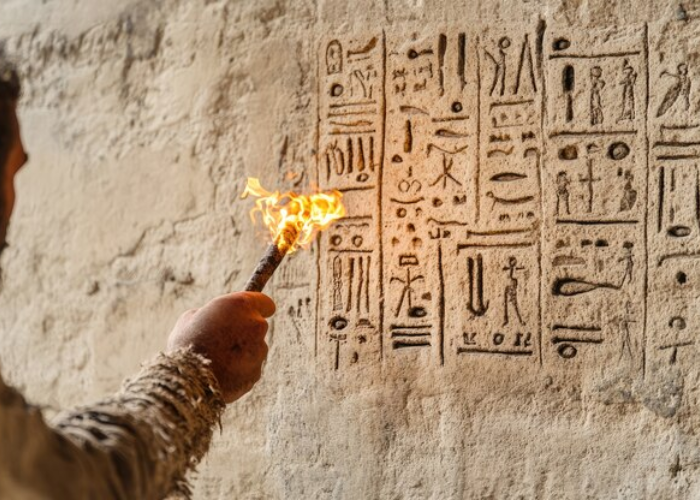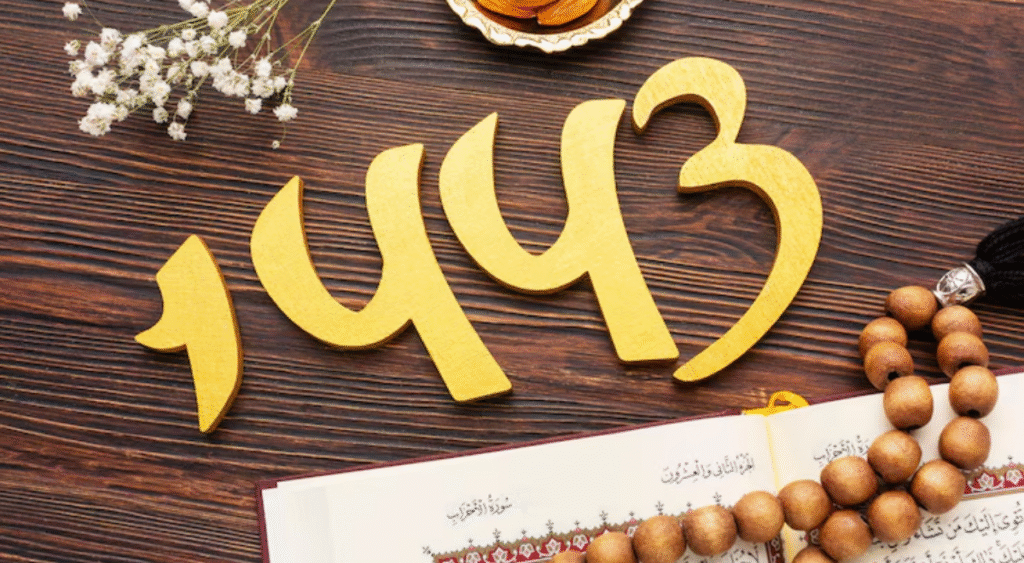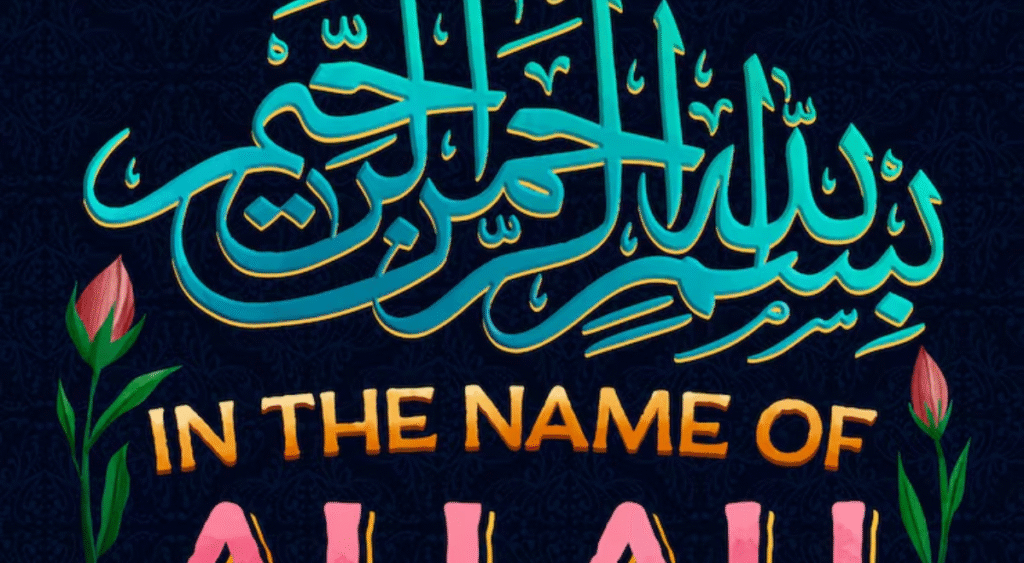
Shia names and meanings hold deep cultural and spiritual significance for families within the Shia Muslim community. These names often reflect religious heritage, historical figures, and virtues valued in Shia Islam, such as devotion, courage, and wisdom. For parents in architecturally diverse and culturally rich communities, especially in the USA, selecting a name rooted in Shia tradition can be a meaningful way to connect with their faith and identity. This 1500-word article explores the origins, significance, and popular choices of Shia names, providing tips, examples, and a call-to-action for readers seeking the perfect name for their child.
Understanding the Importance of Shia Names and Meanings
Shia names and meanings are deeply tied to the religious and cultural fabric of Shia Islam, the second-largest branch of Islam, comprising about 15% of the global Muslim population. Shia Muslims believe that the Prophet Muhammad designated Ali ibn Abi Talib as his successor, and names often honor Ali, his family (Ahl al-Bayt), or the Twelve Imams revered in Twelver Shia Islam. These names carry spiritual weight, symbolizing virtues like loyalty, sacrifice, and piety. For example, the name “Husayn” commemorates Imam Husayn, whose martyrdom at the Battle of Karbala in 680 CE is a pivotal event in Shia history, marked by the Day of Ashura.
Must Check:What is Contact RobTheCoins? Your Guide to Crypto Education
In the USA, where approximately 3.45 million Muslims reside (about 1.1% of the population), Shia communities form a vibrant part of the cultural mosaic. Choosing a name with Shia significance allows families to preserve their heritage while navigating a multicultural society. Names like “Fatima” (after the Prophet’s daughter) or “Zainab” (a prominent figure in Shia history) are popular choices that bridge tradition and modernity.

Origins of Shia Names
Shia names often originate from Arabic, Persian, or Urdu, reflecting the historical spread of Shia Islam across the Middle East and South Asia. Many names are derived from the Quran, Islamic history, or the sayings of the Imams. For instance, the name “Ali” means “exalted” or “noble” and is one of the most common names in Shia communities due to its association with the first Imam. Similarly, “Mahdi,” meaning “guided one,” refers to the prophesied 12th Imam in Twelver Shia belief, who is expected to return before the Day of Judgment.
Persian influences are evident in names like “Reza” (meaning “contentment”), associated with the eighth Imam, Ali al-Reza. Urdu-speaking Shia communities in the USA may favor names like “Abbas,” meaning “lion,” honoring Abbas ibn Ali, a heroic figure at Karbala. These linguistic roots add layers of meaning, making Shia names and meanings a rich field for exploration.
Popular Shia Names and Their Meanings
Below is a curated list of popular Shia names and meanings, divided by gender, to help parents choose names that resonate with their values and heritage.
Boys’ Names
- Ali: Meaning “exalted” or “noble,” this name honors Imam Ali, the first Shia Imam and a central figure in Islamic history.
- Husayn: Meaning “beautiful” or “good,” it commemorates Imam Husayn, whose sacrifice is central to Shia identity.
- Abbas: Meaning “lion,” this name reflects the bravery of Abbas ibn Ali, a loyal companion of Husayn at Karbala.
- Reza: Meaning “contentment,” it is linked to Imam Ali al-Reza, revered for his wisdom.
- Mahdi: Meaning “guided one,” it refers to the 12th Imam, a messianic figure in Twelver Shia belief.
Girls’ Names
- Fatima: Meaning “one who abstains,” this name honors Fatima al-Zahra, the Prophet’s daughter and a symbol of purity.
- Zainab: Meaning “fragrant flower,” it is associated with Zainab bint Ali, known for her courage after Karbala.
- Sakina: Meaning “peace” or “tranquility,” it reflects the serene qualities of Husayn’s daughter.
- Maryam: Meaning “beloved,” this Quranic name is popular for its connection to Mary, mother of Jesus.
- Zahra: Meaning “radiant” or “blooming,” it is a title of Fatima, symbolizing beauty and grace.
These names are not only spiritually significant but also versatile, fitting seamlessly into diverse cultural contexts in the USA.
Tips for Choosing Shia Names
Selecting a name with meaningful Shia names and meanings requires thoughtful consideration. Here are five practical tips to guide parents:
- Reflect on Spiritual Significance: Choose names tied to the Ahl al-Bayt or the Imams to instill a sense of religious pride. For example, “Hasan” (meaning “good” or “handsome”) honors the second Imam, Hasan ibn Ali.
- Consider Pronunciation: In the USA, opt for names that are easy to pronounce yet retain cultural authenticity, like “Ali” or “Fatima,” to avoid mispronunciation.
- Explore Linguistic Roots: Dive into Arabic, Persian, or Urdu origins to find names that resonate with your family’s heritage. For instance, “Jafar” (meaning “stream”) is linked to Jafar al-Sadiq, the sixth Imam.
- Balance Tradition and Modernity: Names like “Zahra” or “Reza” are timeless yet modern, ensuring your child’s name feels relevant in contemporary settings.
- Consult Family and Community: Engage with elders or religious scholars to select names that carry familial or communal significance, strengthening cultural ties.
Statistics and Trends in Shia Naming Practices
According to a 2019 Pew Research Center study, about 20% of U.S. Muslims identify as Shia, with significant communities in states like New York, California, and Michigan. Naming trends among American Shia families show a preference for names tied to Islamic history, with “Ali” and “Fatima” consistently ranking among the top choices. A 2023 survey by BabyCenter noted that “Husayn” and “Zainab” are gaining popularity among Muslim-American parents, reflecting a revival of traditional names.
Globally, Shia names like “Mahdi” and “Zahra” are prevalent in countries with large Shia populations, such as Iran (90% Shia), Iraq (65% Shia), and Bahrain (70% Shia). In the USA, these names are less common outside Muslim communities, making them unique yet meaningful choices for children.

Examples of Shia Names in Context
To illustrate the impact of Shia names and meanings, consider the following examples:
- Ali: A young professional named Ali in Chicago finds his name opens conversations about his Shia heritage, fostering cultural exchange in his workplace.
- Fatima: A high school student named Fatima in Dearborn, Michigan, feels a deep connection to her faith during Muharram commemorations, inspired by her namesake’s legacy.
- Husayn: A toddler named Husayn in Los Angeles carries a name that reminds his family of resilience and sacrifice, values they hope to instill in him.
These examples show how Shia names and meanings can shape identity and community ties, even in a diverse setting like the USA.
Frequently Asked Questions About Shia Names and Meanings
- What are Shia names and meanings based on?
Shia names are often derived from Arabic, Persian, or Urdu and are inspired by the Quran, the Prophet’s family (Ahl al-Bayt), and the Twelve Imams. They reflect virtues like courage, piety, and wisdom. - Why are names like Ali and Fatima so popular among Shia Muslims?
Ali and Fatima are central figures in Shia Islam—Ali as the first Imam and Fatima as the Prophet’s daughter. Their names symbolize spiritual leadership and purity, making them timeless choices. - Can non-Muslims use Shia names?
Yes, names like Maryam or Ali are universal and can be used by anyone, though they carry specific religious significance in Shia contexts. Respect for their cultural roots is important. - How do I choose a Shia name that fits in the USA?
Opt for names that are easy to pronounce and culturally versatile, like Zahra or Hasan. Check their meanings to ensure they align with your values and heritage. - Are there modern Shia names?
While traditional names like Husayn and Zainab remain popular, modern variations like “Zara” (derived from Zahra) or “Aly” (from Ali) are gaining traction for their contemporary appeal.
Call-to-Action: Find the Perfect Shia Name
Choosing a name is a deeply personal journey that connects your child to their faith and heritage. Explore Shia names and meanings to find one that resonates with your family’s values and aspirations. Visit online resources like ShiaChat.com or consult with local religious leaders to discover more options. Share your favorite names in the comments below or start a conversation with your community to find the perfect name today!
